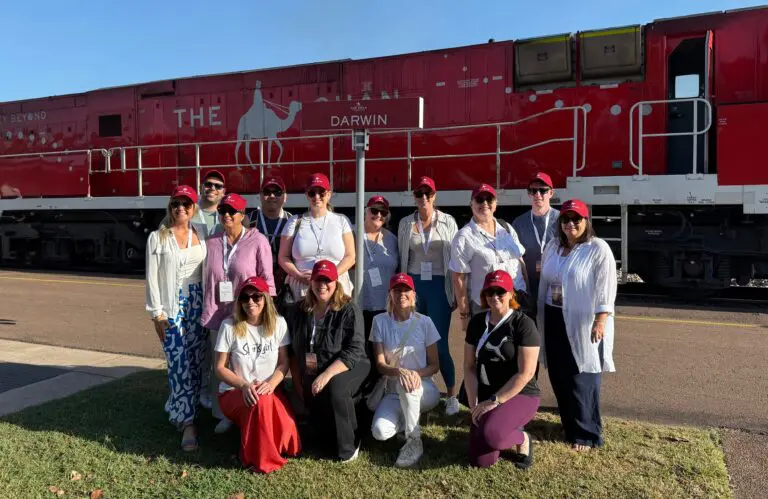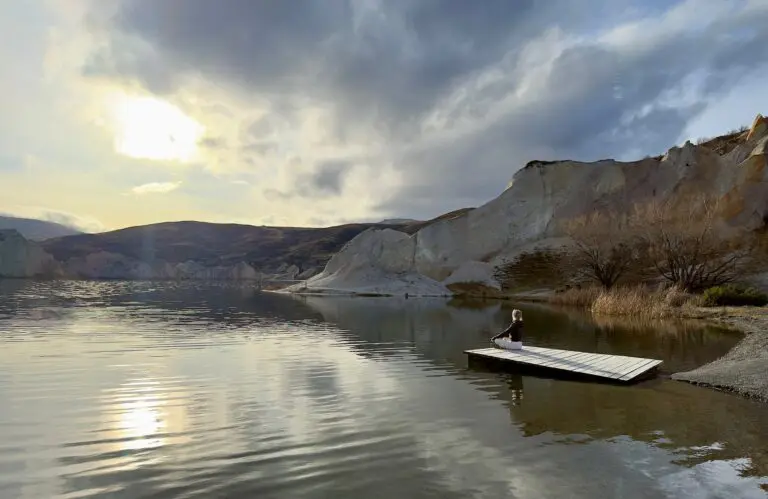Two million people will converge in the UK in the coming weeks, including thousands of Aussies, to attend the 2015 Rugby World Cup.
To ensure Aussies have a fun and worry-free trip, Allianz Global Assistance has collated practical, yet essential tips travellers need to know before they head off.
Know your British slang

Duck may mean a duck here in Australia, but in the UK the a duck can often be used to refer to a loved one.
Don’t let a few language misunderstanding ruin your trip so know your slang before you touch down.
A few words of affection commonly used in the UK include love, dearie, guv and treacle.
British nosh

Fish and chips – A must-do tradition. Depending on the region, it might come with a wedge of lemon, mushy peas, curry sauce or battered Mars Bar.
Afternoon tea – Think scones, clotted cream, jam and a steamy pot of Earl Grey!
English breakfast – Not to be confused with the teabag, you’re in for a serving of fried eggs, bacon, sausage, beans, toast or fried bread, cooked tomato, and if you’re lucky, mushrooms and black pudding.
British etiquette

Tipping – Tip only in food or drink establishments when table service is provided – not in pubs, bars or coffee shops where orders are placed at the bar. A service charge of 10 to 12.5 per cent is often automatically added to the bill.
Queuing – The Brits love a queue but do not take kindly to messy ‘queuers’ or those who queue-jump.
Stand on the right – On all escalators, particularly on public transport, keep out of the way of those in a rush by standing in single file as close to the right (not left) hand side as possible.
Medical

Treatment in the UK – Not every NHS treatment in England is free of charge. Examples of things visitors may have to pay for include charges for dental care and prescription costs. Depending on how urgent treatment is, visitors to the UK will usually have to pay in advance for medical treatment.
Numbers to call in case of a medical emergency – 999 is the emergency number for ambulance assistance. When in doubt, the NHS can be reached on its non-emergency number of 111. It’s fast, easy and free. NHS 111 is available 24 hours a day, 365 days a year. Calls are free from landlines and mobile phones.
Security

Stay alert: London, like most major cities, comes with a crime rate so travellers are advised to consult the FCO website to learn about key safety measures.
Transport

Travelling by car: 13 venues within eleven cities across England and Cardiff have been selected to host matches for the Rugby World Cup 2015. There will be no parking at or near match venues but travellers who drive can take advantage of ‘Park and Ride’ or ‘Park and Walk services’. Avoid parking in streets near the venue as local event day parking restrictions will apply.
Travelling by public transport: If travelling in and around London, contactless payment is now the only payment option available on the Tube, London Overground, DLR, buses and most National Rail services. Visitors to the UK will be required to purchase a Visitors Oyster Card if they do not have a contactless payment card.
Practical tips

Where to stay: Housing thousands of spectators is a major challenge and as everywhere, prices and comfort levels vary greatly and include traditional hotels, youth hostels and campgrounds. Visitors are advised to head to www.rugbyworldcup.com/cities for recommendations made by host cities.
Obtaining currency – No need to load up on Sterling before arriving in the UK as there are ATMs at most airports, train stations and motorway services across the UK.
Stay covered – Travellers should bring copies of their travel insurance policy documents with them and keep all contact numbers in a safe place should they be needed in the event of an emergency.





